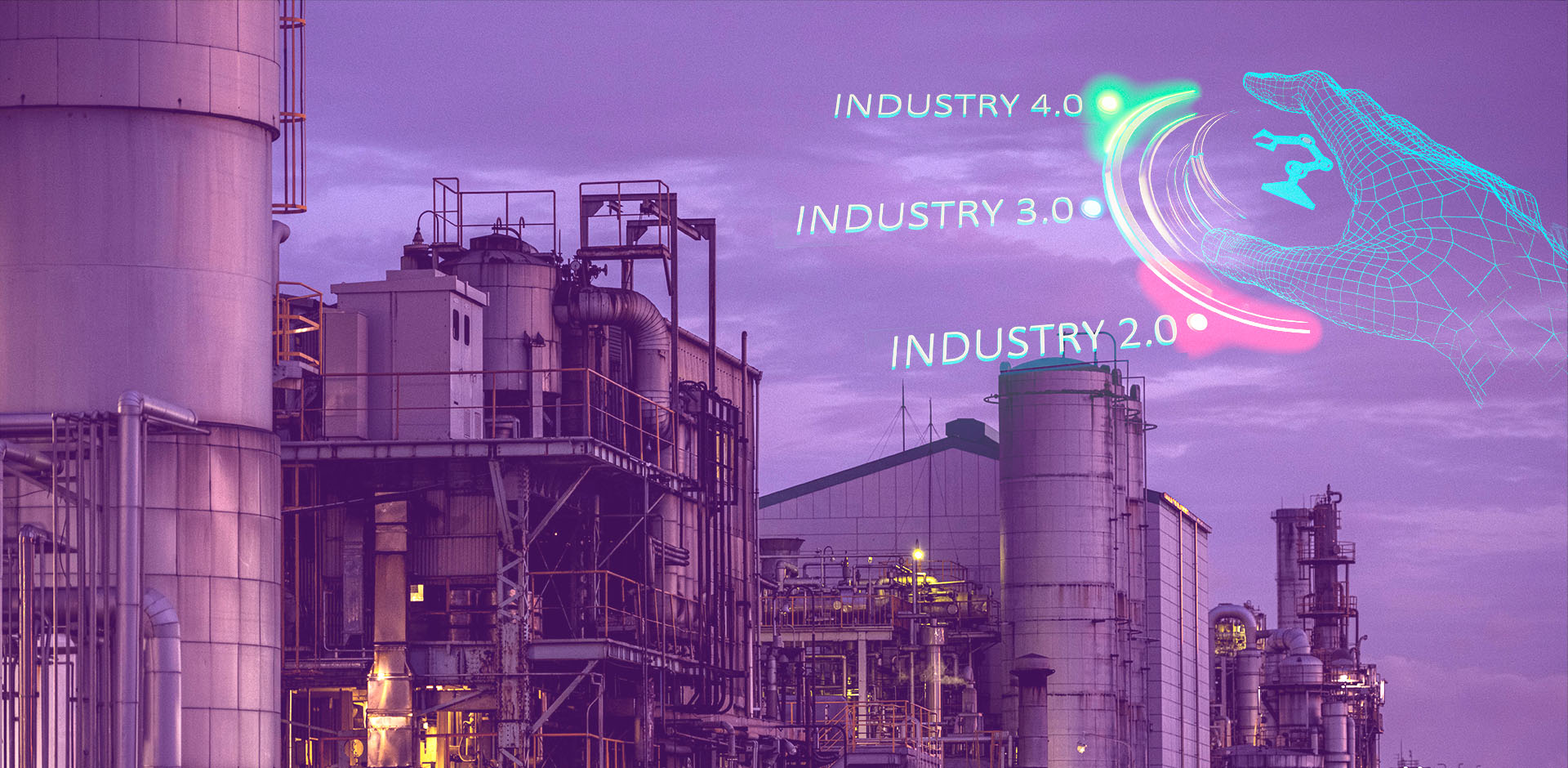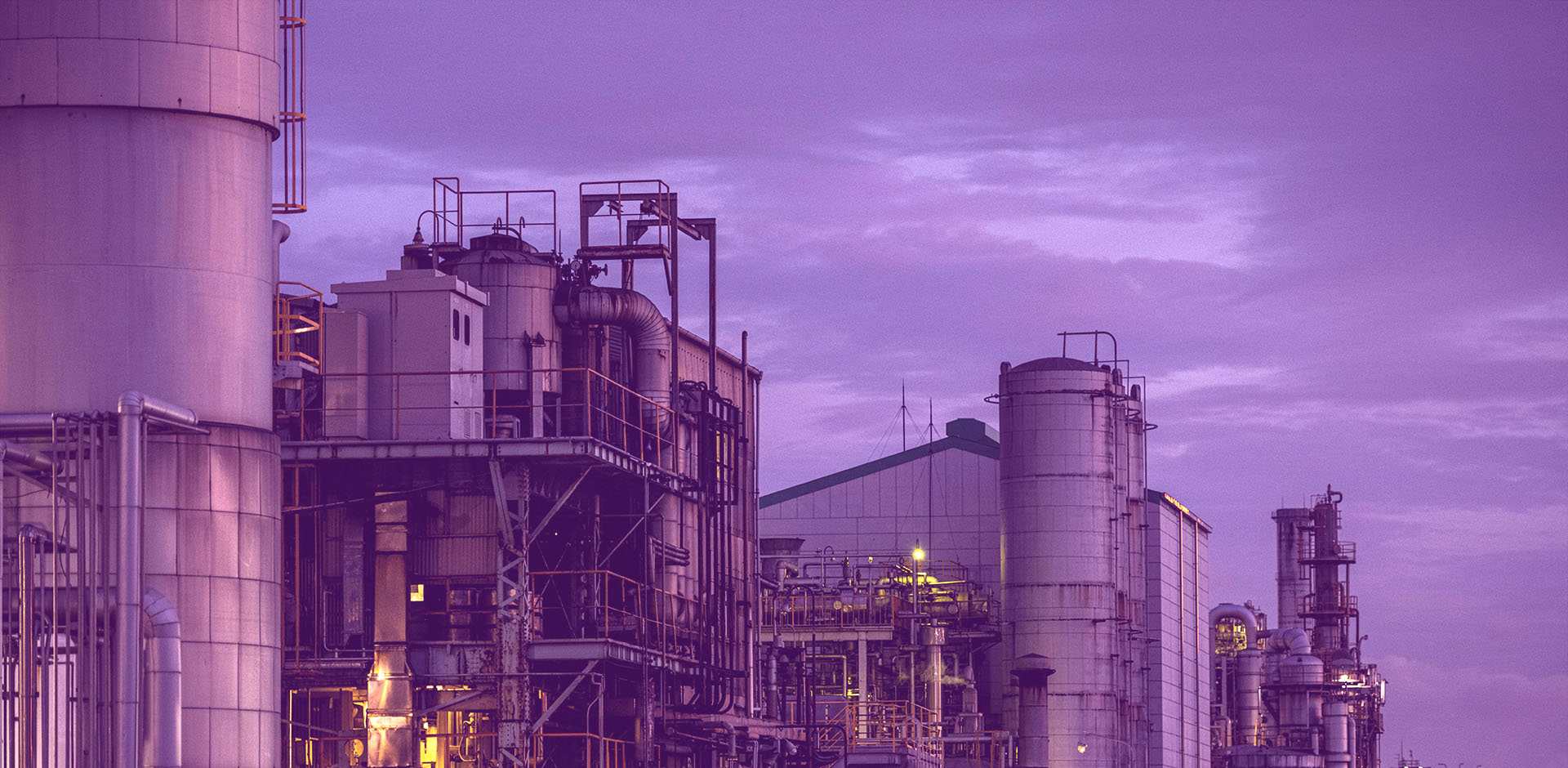
In an era where technology is reshaping every industry, the chemical sector stands at the forefront of significant transformation. At Gizil, we specialize in plant engineering and digitalization, particularly within the chemical industries of major European centers such as the Netherlands, Belgium, Germany, and the UK. Our insights into these markets underscore a clear vision: the future of chemical sites is deeply intertwined with the adoption of digital technologies, especially digital twins.
The Urgent Challenges Facing the Chemical Industry
Today's chemical industry is navigating a maze of challenges: stringent environmental regulations demand cleaner production processes and reduced emissions, economic pressures call for improved operational efficiency and cost-effectiveness, and heightened global standards for safety and reliability are more critical than ever. These challenges require innovative solutions that can deliver tangible results swiftly and sustainably.
The European chemical industry is currently facing significant challenges that threaten its competitiveness on the global stage. In recent years, the sector has been pressured by several external factors including high energy costs, stringent regulatory environments, and increased competition from companies in Asia and the Middle East where production costs are typically lower. These challenges are compounded by the need to invest in new technologies and sustainable practices, which require substantial capital outlays. As a result, many European chemical companies are finding it increasingly difficult to maintain their market positions and profitability.
This loss of competitiveness has led to notable economic consequences, including job cuts across the sector. For example, several major chemical companies in Europe have announced restructuring plans aimed at reducing operational costs and optimizing production processes. These plans often involve significant layoffs and the closure of less efficient plants. Such job cuts not only impact the lives of thousands of employees and their families but also have a broader economic impact on the regions where these companies operate, potentially leading to decreased economic activity and reduced tax revenues.
The need for transformation in the European chemical industry is clear. Companies must embrace digital technologies such as digital twins to regain their competitive edge. Digital twins, for instance, offer a way to enhance operational efficiency, reduce energy consumption, and optimize production processes in real-time. By adopting such technologies, chemical companies can not only cut costs and reduce the need for further job cuts but also position themselves as leaders in the rapidly evolving, technology-driven global market. This strategic pivot could be crucial for the survival and growth of the European chemical industry in the coming years.
Digital Twins: Revolutionizing Chemical Manufacturing
Digital twins stand out as a transformative solution for the chemical industry. Unlike traditional 3D CAD models that offer static and isolated views, digital twins provide dynamic, holistic, and real-time insights into entire chemical processes and plant operations. Our digital twin technology creates a virtual replica of physical assets, processes, or systems, integrating real-time data to simulate, predict, and optimize the functions without interrupting the physical operations.
Enhanced Operational Efficiency and Cost Reduction
Our digital twins go beyond mere simulation; they are practical tools designed for the real world. Chemical companies can leverage these digital replicas to test and implement changes, optimizing processes with precision and without the risk and expense associated with physical trials. This approach not only enhances operational efficiency but also significantly reduces costs. For instance, the integration of our digital twins has shown to decrease downtime and minimize the resources spent on trial-and-error, delivering a quicker return on investment (ROI).
Practicality and Affordability
One of the significant advantages of our digital twin solutions is their practicality and affordability compared to traditional 3D CAD models. Our digital twins provide a more comprehensive and actionable set of data that helps chemical plants operate more efficiently. By reducing the need for onsite inspections and physical modifications, our solutions cut travel costs and minimize time wastage, further enhancing the ROI for our clients.
Safety, Compliance, and Sustainability
Safety is a paramount concern in the chemical industry. Our digital twins enhance safety protocols by offering updated, accurate data that can predict potential system failures or hazardous conditions before they pose a real threat. This proactive approach not only protects workers but also helps companies adhere to stringent regulatory standards more effectively. From a sustainability perspective, our digital twins help optimize energy use and manage waste more efficiently, aiding companies in their pursuit of green manufacturing practices and compliance with environmental legislation.
Looking Ahead: Our Vision for Chemical 4.0
As we look to the future, Gizil envisions chemical sites becoming increasingly integrated with digital twin technologies. Our commitment is not just to keep up with industry standards but to set them, driving progress in the chemical sector through innovation and digital mastery. Our digital twin solutions are designed to be at the heart of this transformation, enabling chemical companies to not only meet but exceed their operational, environmental, and safety goals.
In the next 5 to 10 years, we anticipate seeing our digital twins becoming a staple in chemical manufacturing, essential for any facility aiming to optimize its operations and embrace sustainability. With Gizil's cutting-edge technology Virtual Plant software, the chemical sites of the future will be smarter, safer, and more productive, leading the way in the industry's evolution into Chemical 4.0.
The journey towards next-generation chemical manufacturing is complex, but with Gizil's advanced digital twin technology, it is not only possible but also profitable. Join us as we redefine the possibilities of the chemical industry, creating a future where digital transformation drives growth and sustainability hand in hand.









